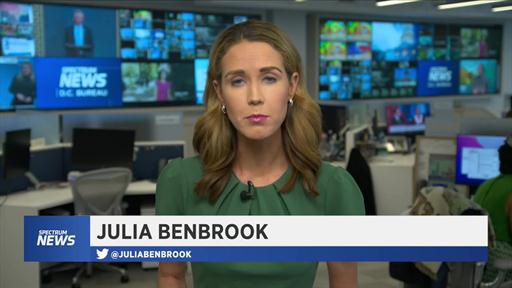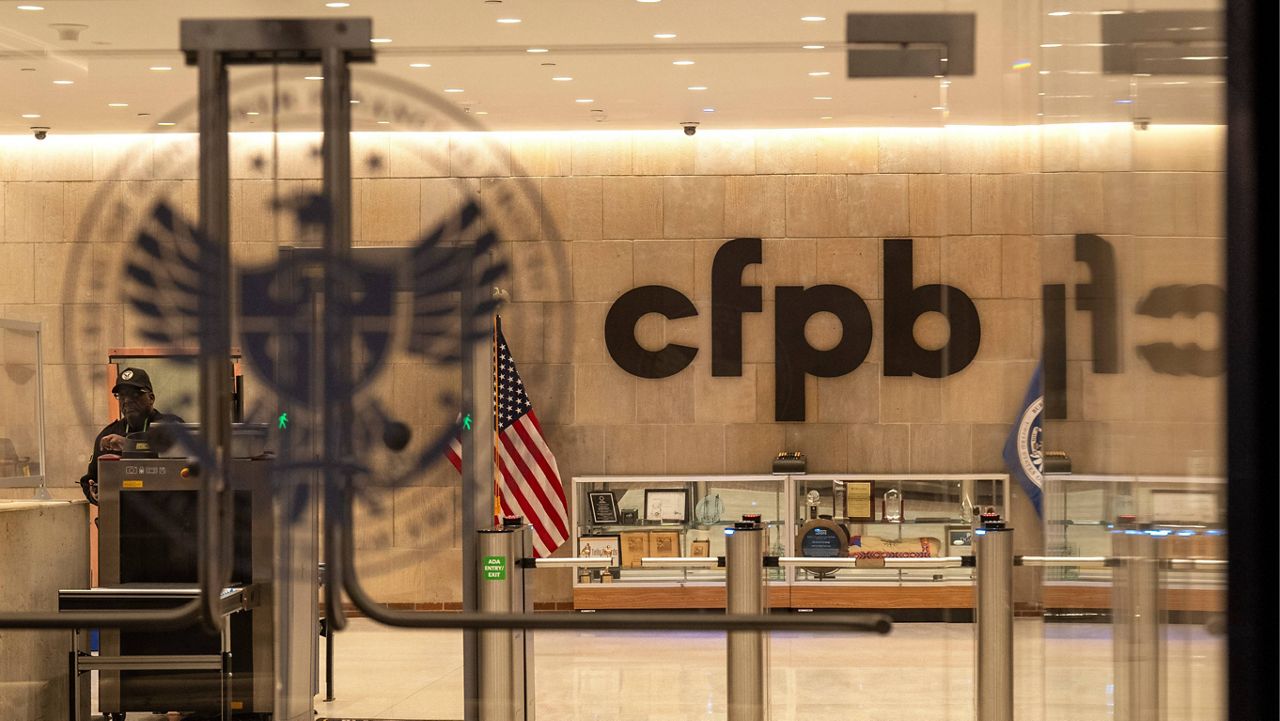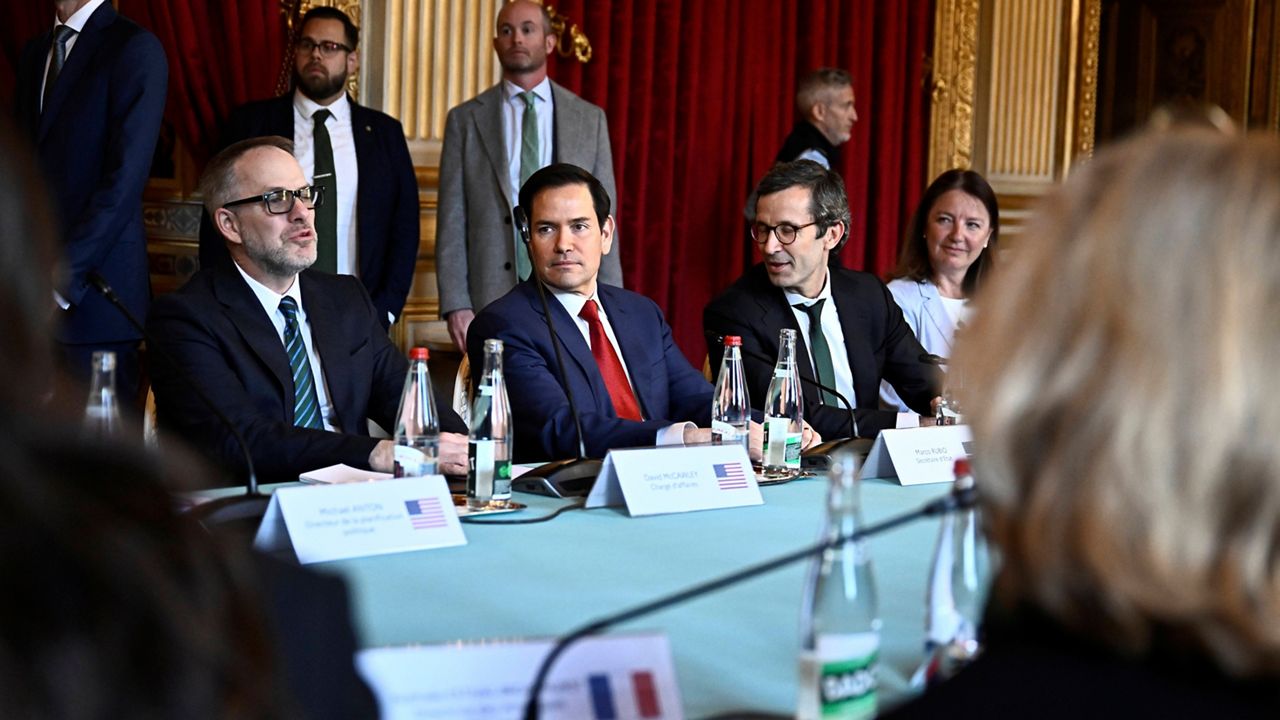House Democrats on Thursday delayed but eventually approved a newly-negotiated package of policing bills, boosting funding with bipartisan support for local police departments and other reform measures.
The policing and safety bills came together weeks before the midterms and after months of long-fought negotiations.
The package includes reforms to ensure police funding is used to support smaller police departments, along with investments in de-escalation training and $250 million for mental health resources for officers. A major goal is to reduce fatal encounters between police and people with mental illness.
A separate measure introduced by Democrat Val Demings of Florida, a former law enforcement officer, would establish would establish a grant program to hire, train and retain detectives and victim services staff to investigate shootings and support victims and their families.
Republicans joined Democrats to pass the local department funding bill 360-64, plus 30 GOP members joined in on Demings' bill. The other two measures, which focused on mental health responders and violence intervention programs, passed largely along party lines.
It's at this point unclear if any of the bills will get enough Republican favor to make it through the Senate. The White House on Thursday confirmed the administration's support for the policing package.
On the mental health measure, Democrats on Thursday said sending professionals could get people the help they need without escalating the situation, while Republicans disagreed.
"Mental health professionals are not trained for these inevitable physical confrontations that occur in these situations," said Rep. Kelly Armstrong, R-N.D. "The priority in an emergency situation is to secure the scene and all individuals involved."
The GOP lawmakers also hit back at Democrats for proposing these bills two years after a far-left movement to "defund" the police, during which some communties cut back law enforcement resources. Rep. Jim Jordan of Ohio argued those localities should not get funding from the bills passed Thursday.
Votes on the package had been on the House schedule in the morning, before members left Washington for the weekend. Lawmakers only have three more voting days on the calendar before November’s midterm elections, since for most of October they’re scheduled to work in their districts.
A near three-hour delay came after Rep. Cori Bush, D-Mo., put out a statement saying she could not support the bill to boost local departments “without addressing the crisis of police brutality.” Other members of the progressive wing of the Democratic party were expected to follow.
Rep. Ayanna Pressley, D-Mass., ended up voting "present" on the rule to bring the bills up for debate, in order for them to get through. A “no” would have doomed the package.
The breakthrough in negotiations over the policing bills came after intense negotiations in recent days between Rep. Josh Gottheimer, a New Jersey Democrat and leader of the centrist coalition, and Rep. Ilhan Omar D-Minn., one of the leaders of the progressive faction.
Joyce Beatty, chairwoman of the powerful Congressional Black Caucus, and Hakeem Jeffries, chairman of the Democratic caucus, facilitated a number of the conversations after it was clear in recent days that progress could be made.
“We have people who still won’t like this bill, and I respect that tremendously,” Beatty, an Ohio Democrat, told reporters shortly before the deal was announced. “And we have people who will say we move the needle by listening and working with everyone.”
Their deal, reached with little time to spare on the House calendar, could help unite the party on a public safety platform more than two years after the police killing of George Floyd.
“I’m proud to have worked closely with Republicans, Democrats, and a broad spectrum of stakeholders to make real progress for public safety," Gottheimer said in a statement Wednesday.
To get the more liberal members on board, the final package also includes limited language around police accountability that would allow the Justice Department to have preferential consideration over which police departments are permitted to receive the grants. It will also allocate $50 million of the funding to go toward data collection on police practices and community safety.
The police funding package is modest in comparison to the bill that Democrats introduced in the weeks after Floyd’s death in the summer of 2020.
That sweeping package, which passed the House more than a year later, went much further as far as police accountability, including banning police chokeholds and altering so-called qualified immunity for law enforcement, which would make it easier to pursue claims of police misconduct.
The unprecedented effort by lawmakers to curb police violence was stalled in the Senate for weeks as Republicans tried to push forward a competing plan by Sen. Tim Scott, R-S.C., which would have diminished the use of chokeholds – not ban them – as well as increase federal reporting requirements for use of force and no-knock warrants. Senate Democrats blocked the plan, saying it did not go far enough to address racial inequality.
In a statement to Spectrum News, a spokesperson for the South Carolina lawmaker said that Scott "has been adamant that his colleagues across the aisle need to work with Republicans to address the crime wave across the country, and that starts with giving officers the resources and support they need to do their jobs well."
The new package, Gottheimer said, has gained the support and input of law enforcement groups like the National Association of Police Organization and the Fraternal Order of Police.







)


